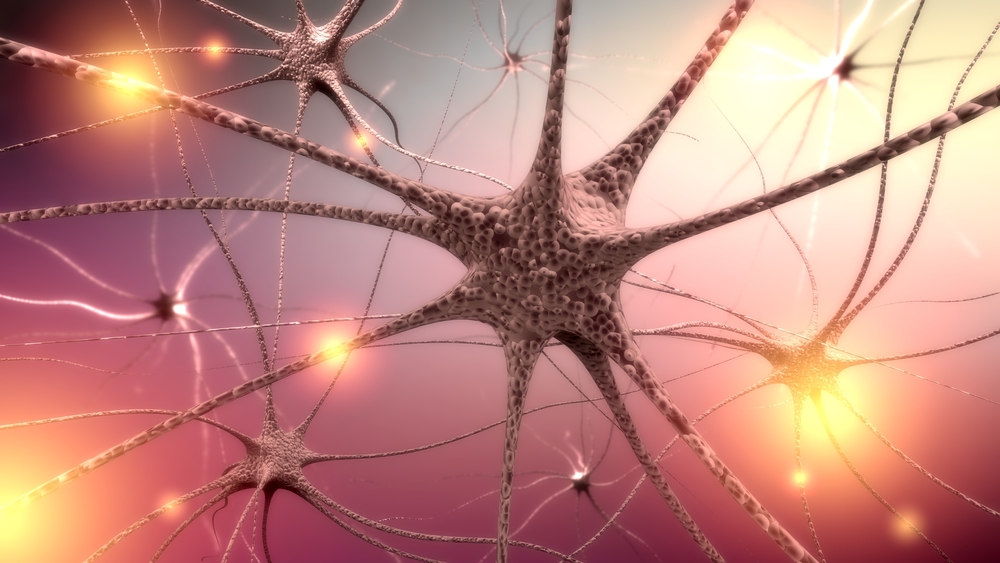Brain Cells Known as Astrocytes Contribute to Alzheimer’s Nerve Cell Degeneration, Study Reports

Changes in brain cells known as astrocytes mirror transformations in Alzheimer’s disease, and may contribute to patients’ nerve cell degeneration, a Finnish study reports.
It is the first time that research has shown that astrocytes may contribute to Alzheimer’s.
The University of Eastern Finland team published their work, “PSEN1 Mutant iPSC-Derived Model Reveals Severe Astrocyte Pathology in Alzheimer’s Disease”, in Stem Cell Reports.
Mice can be useful models for studying human diseases, but their astrocytes have a different function than human astrocytes do, so the researchers decided to do a human study.
Astrocytes perform many functions in humans. One is supporting cells that form the brain-brain barrier, which keeps invaders from attacking the brain. They also provide the nervous system with nutrients and help repair brain and spinal cord scarring.
Researchers started their work by creating pluripotent stem cells from Alzheimer’s patients’ skin cells. They chose patients with a mutation of the PSEN1 gene, which is associated with early onset of the disease.
Pluripotent stem cells have the potential to produce any kind of cell or body tissue. By using the technology, researchers were able to produce the cell type they wanted with the genetic background they desired — that is, cells associated with early onset of Alzheimer’s.
The team differentiated the stem cells into nerve cells and astrocytes, then evaluated their molecular behavior.
They found that astrocytes with PSEN1 mutations produced significantly more beta-amyloid protein than astrocytes of healthy people. An accumulation of beta-amyloid protein in the brain is a hallmark of Alzheimer’s.
Researchers also discovered that Alzheimer’s-linked astrocytes secreted more inflammation-regulating proteins known as cytokines. Another finding was that Alzheimer’s-related astrocytes produced low levels of lactate, an enzyme necessary for nerve cell functioning.
Still another discovery was that when Alzheimer’s-linked astrocytes were grown with healthy nerve cells in a lab, the astrocytes triggered a decline in the nerve cells’ functioning.
Researchers said the findings suggested that Alzheimer’s-related astrocytes contribute to the nerve cell degeneration seen in the disease.
“The induced pluripotent stem cells we used in this study proved to be extremely useful in disease modeling, and they could offer an excellent platform for drug discovery and testing new therapeutic targets for Alzheimer’s disease in the future,” Minna Oksanen, the lead author of the study, said in a news release.






